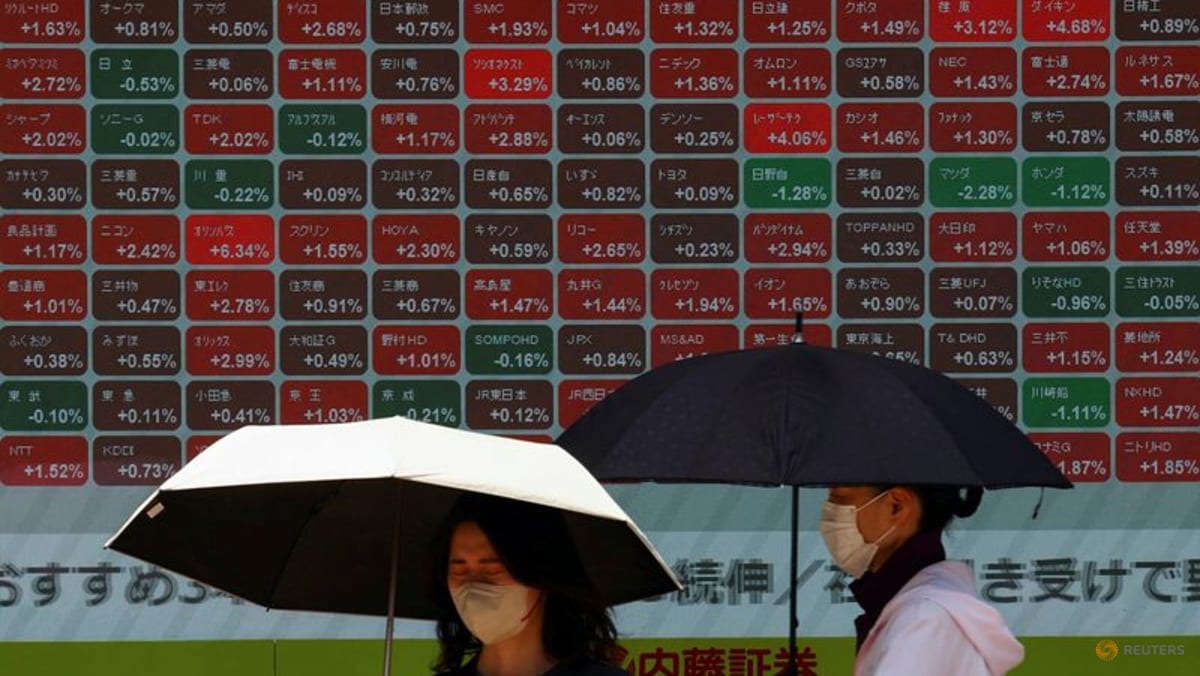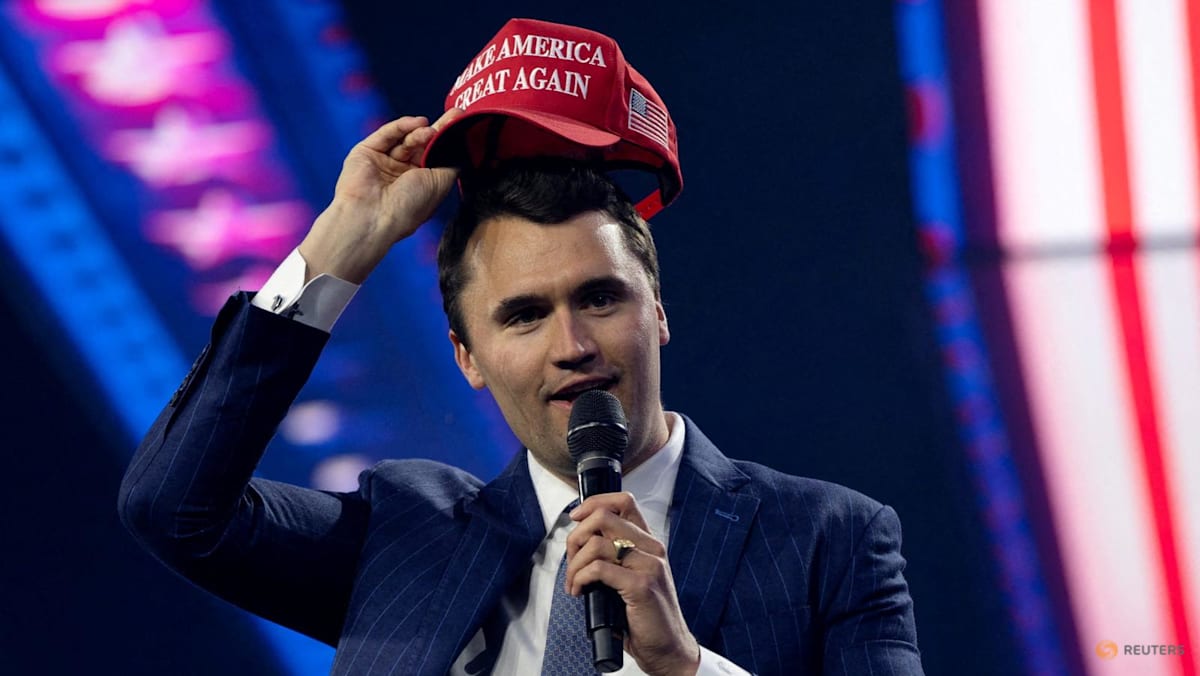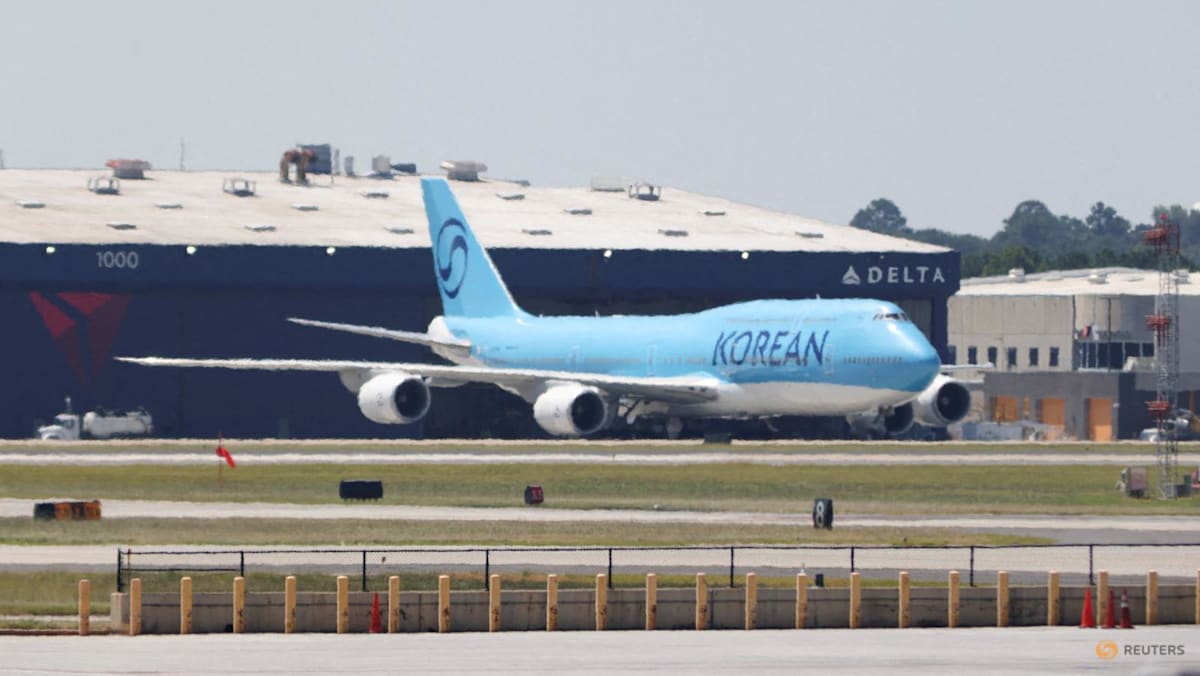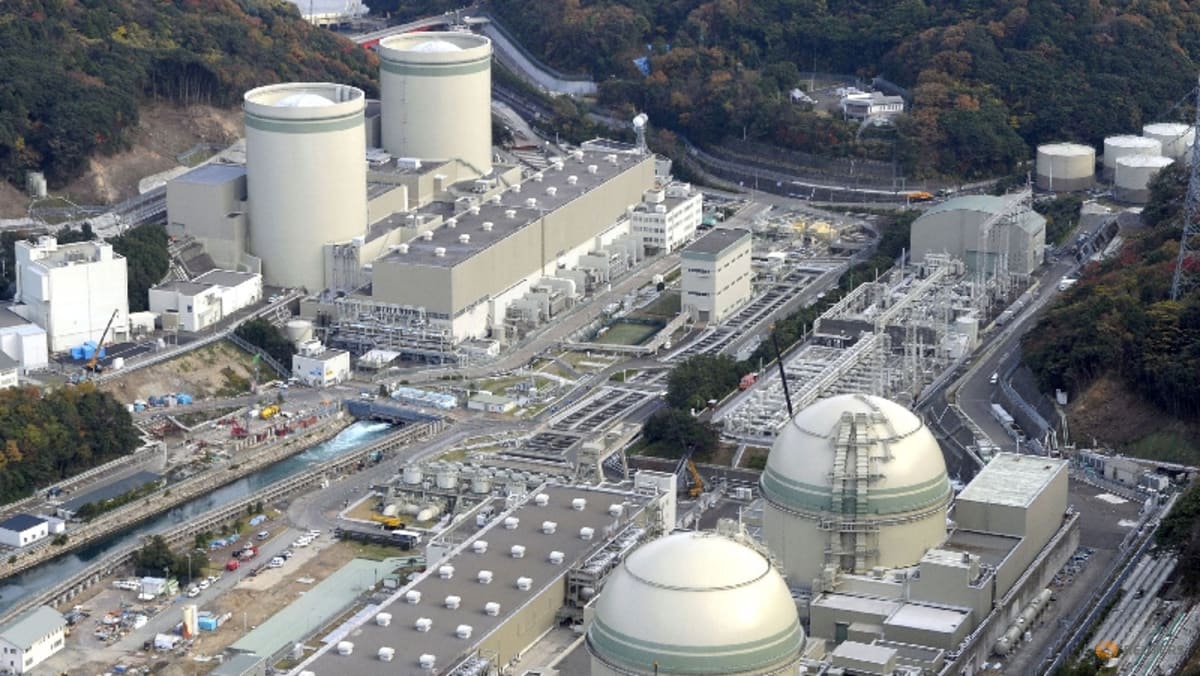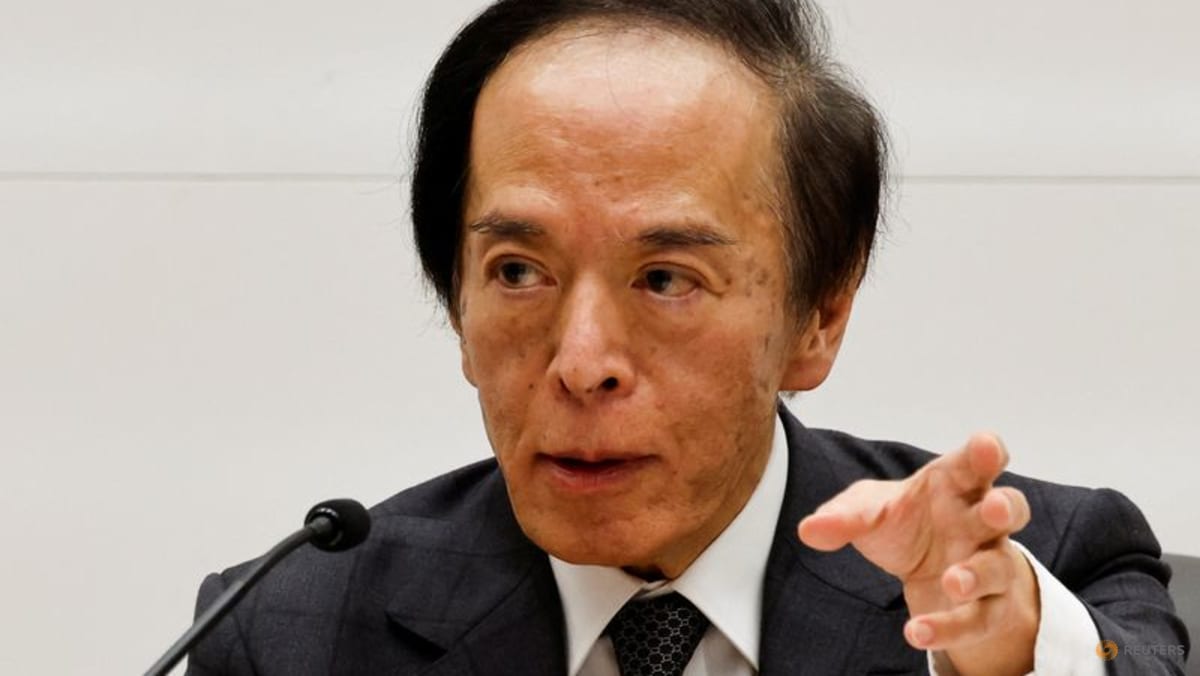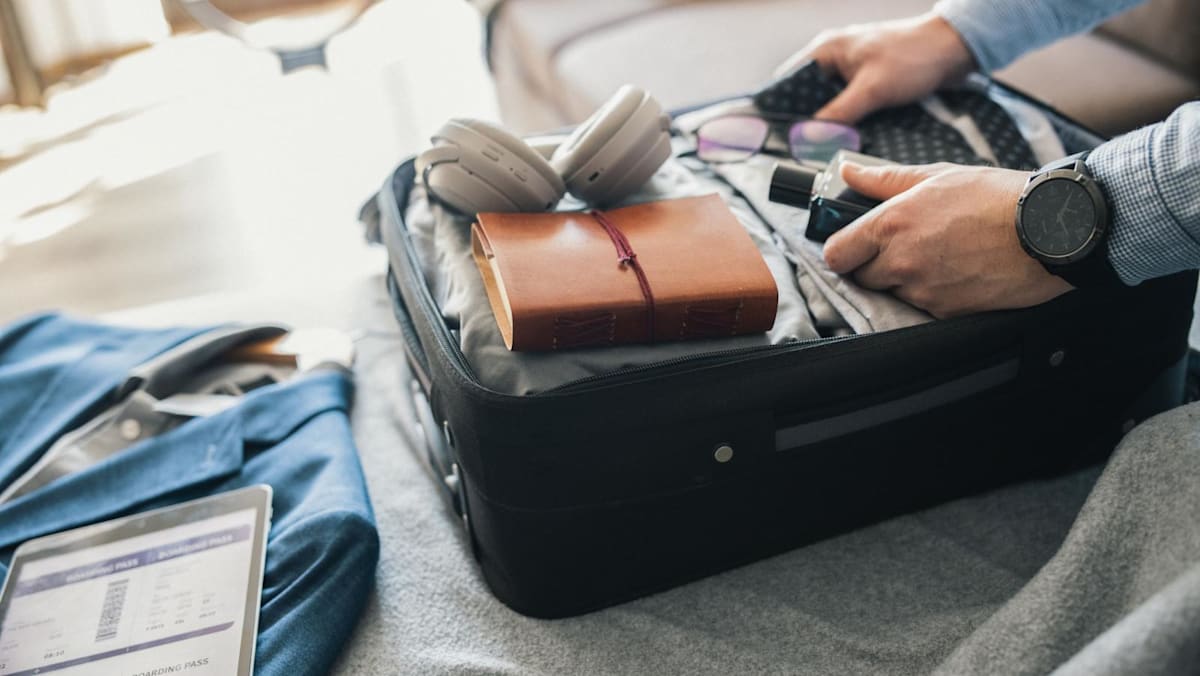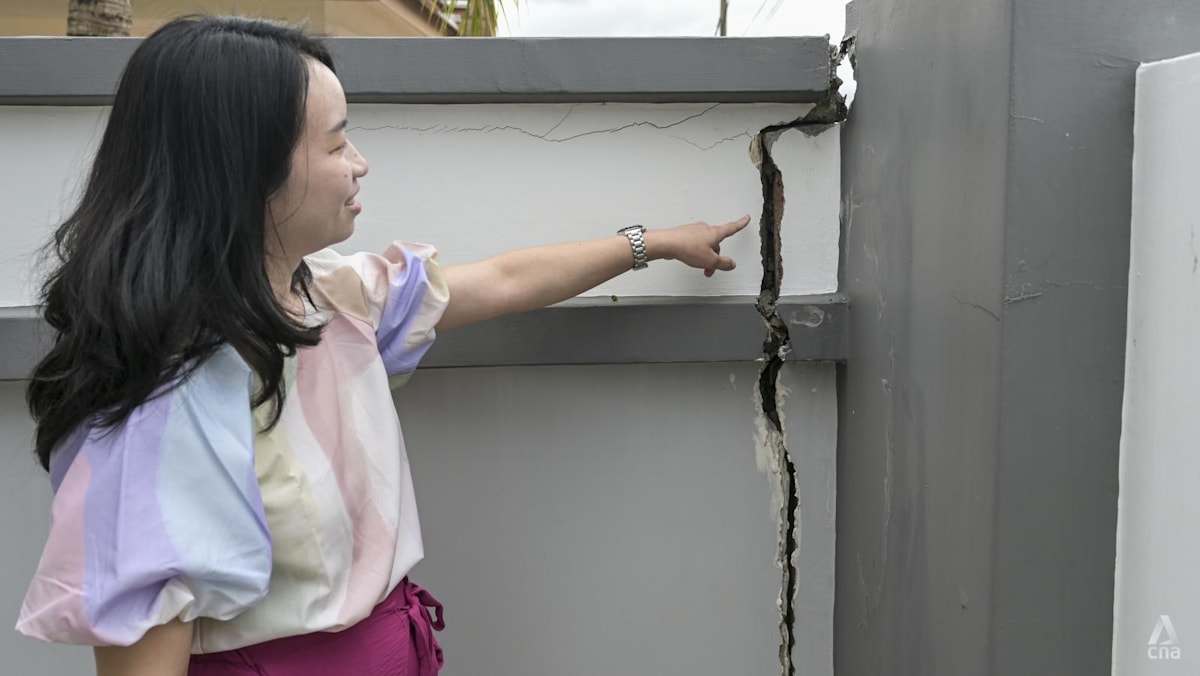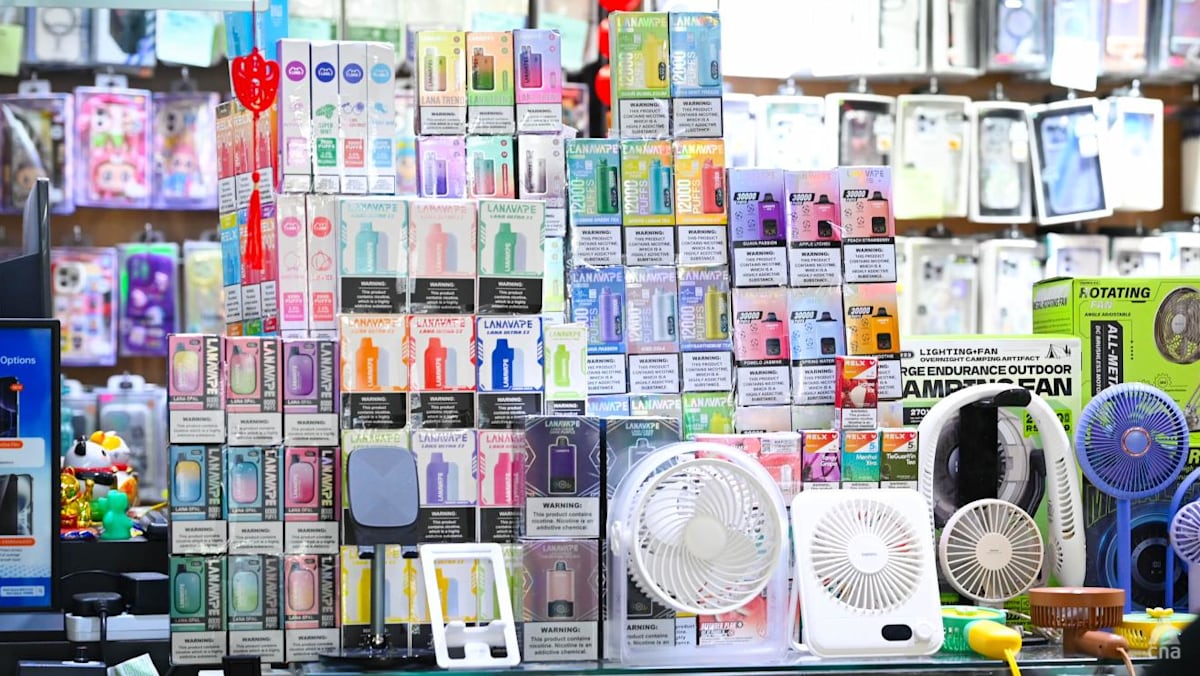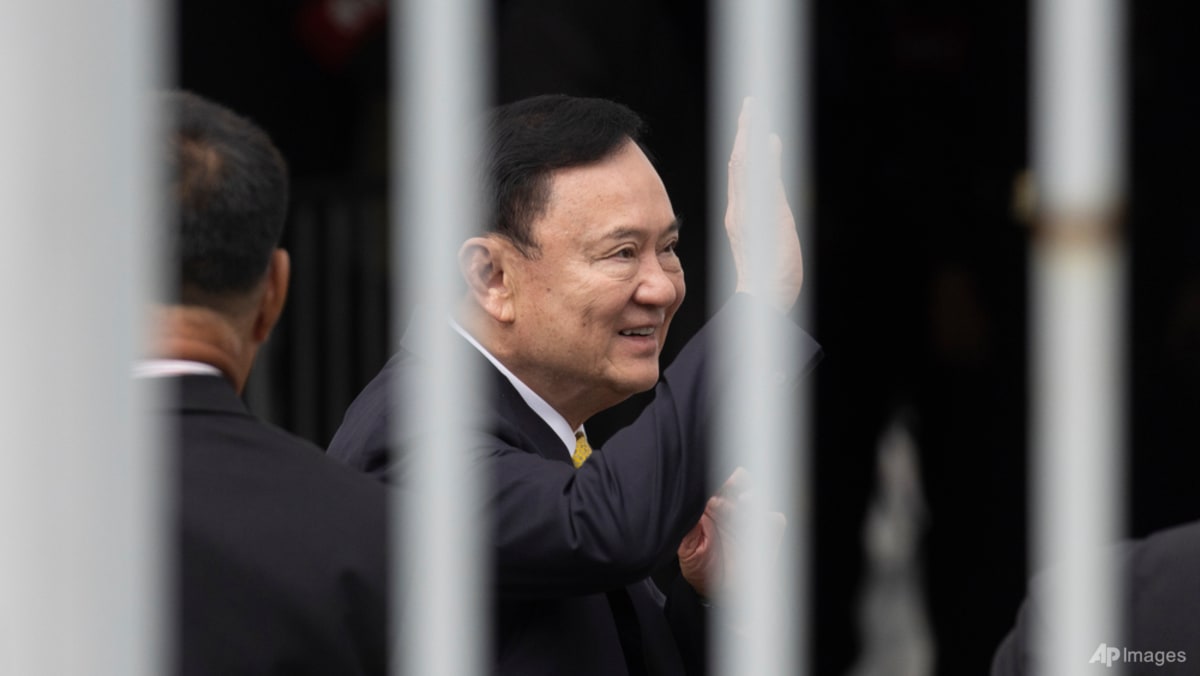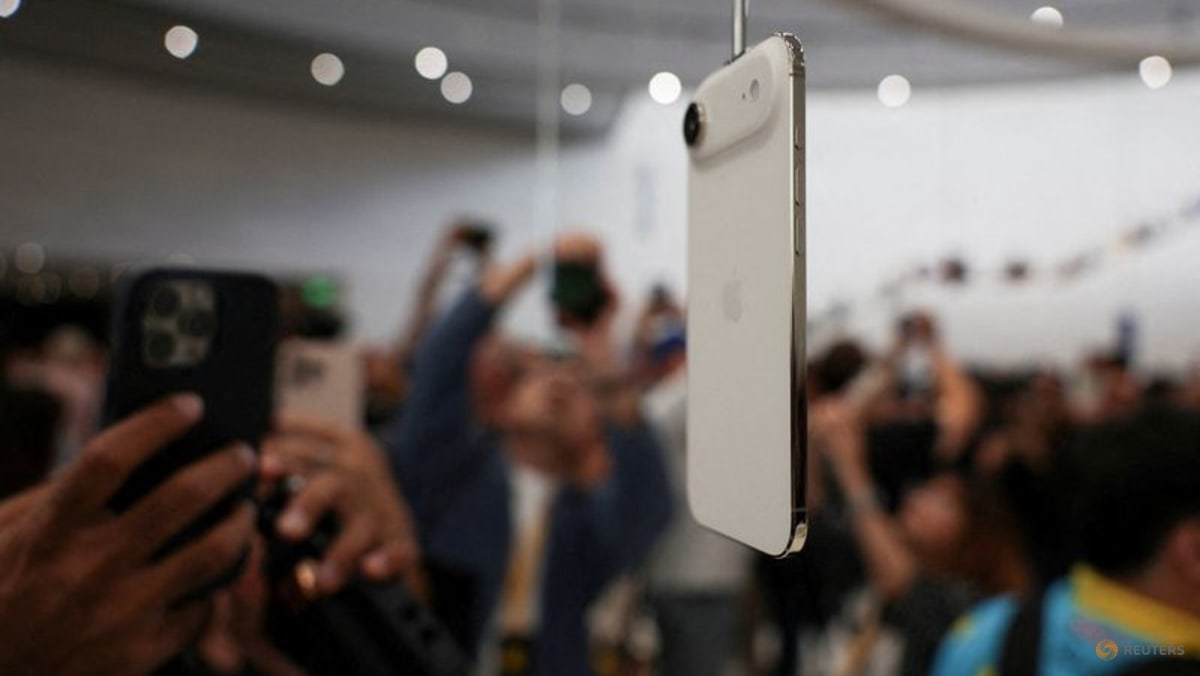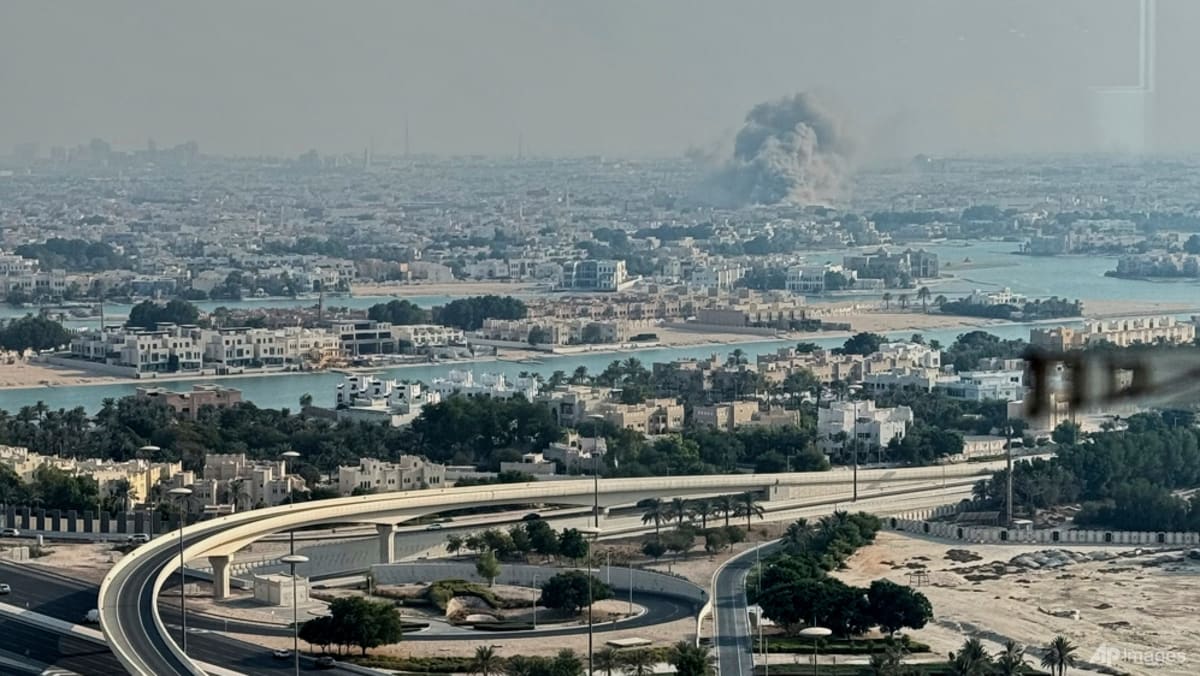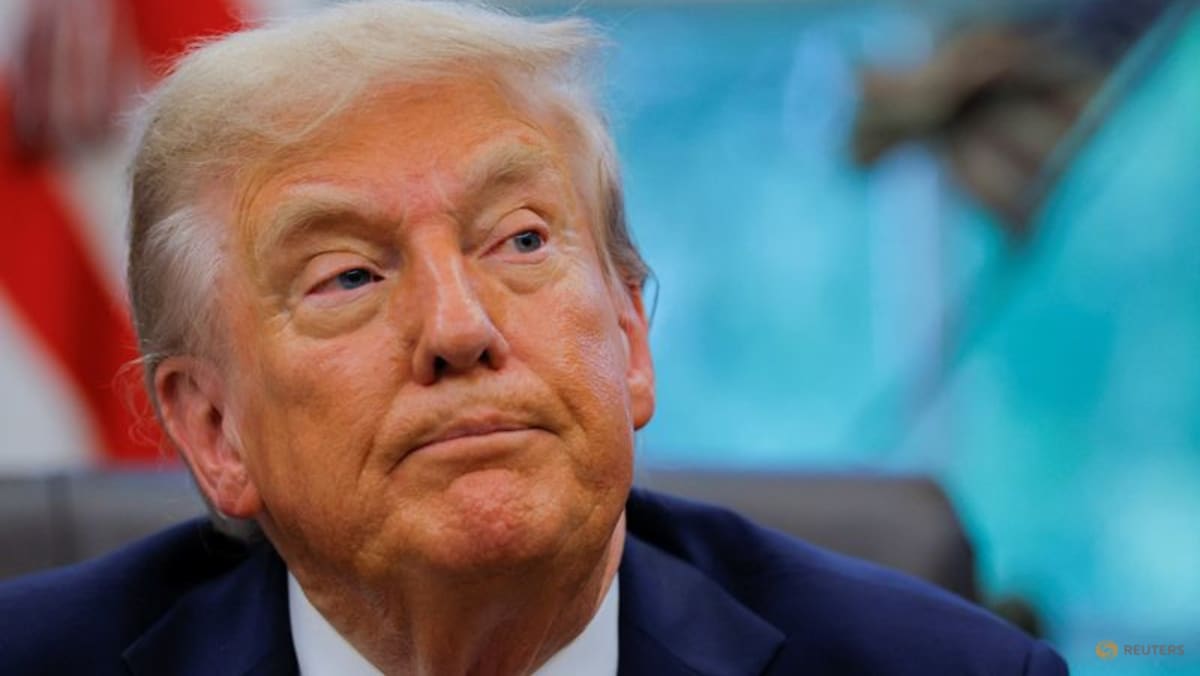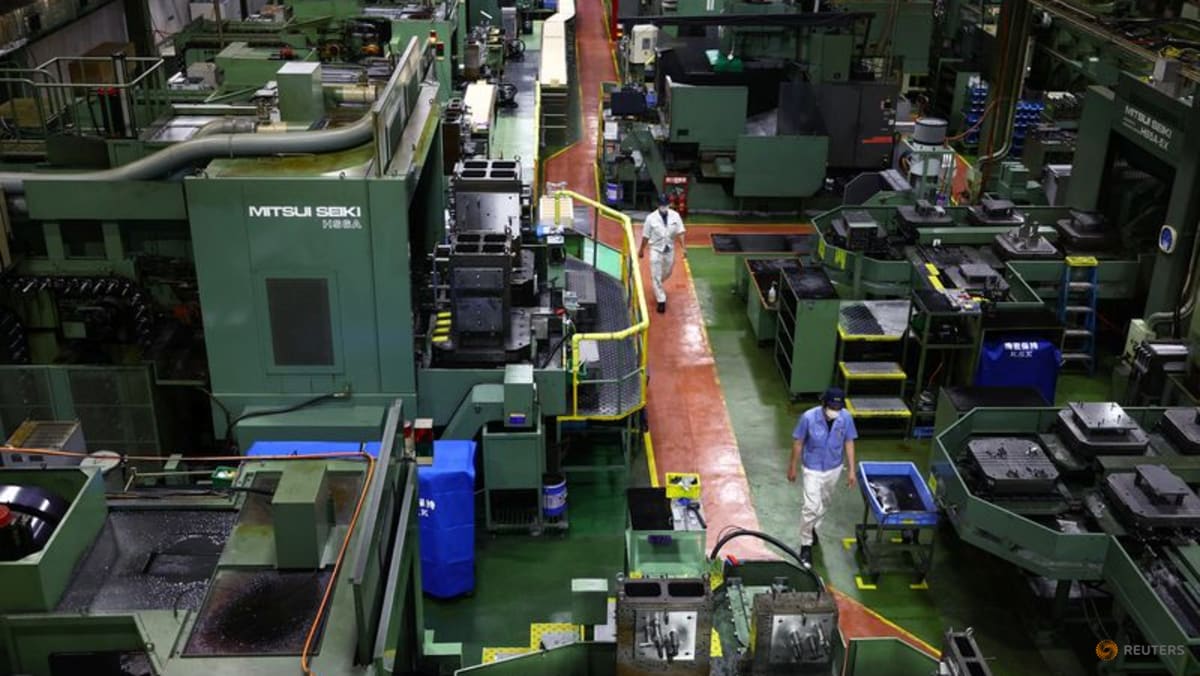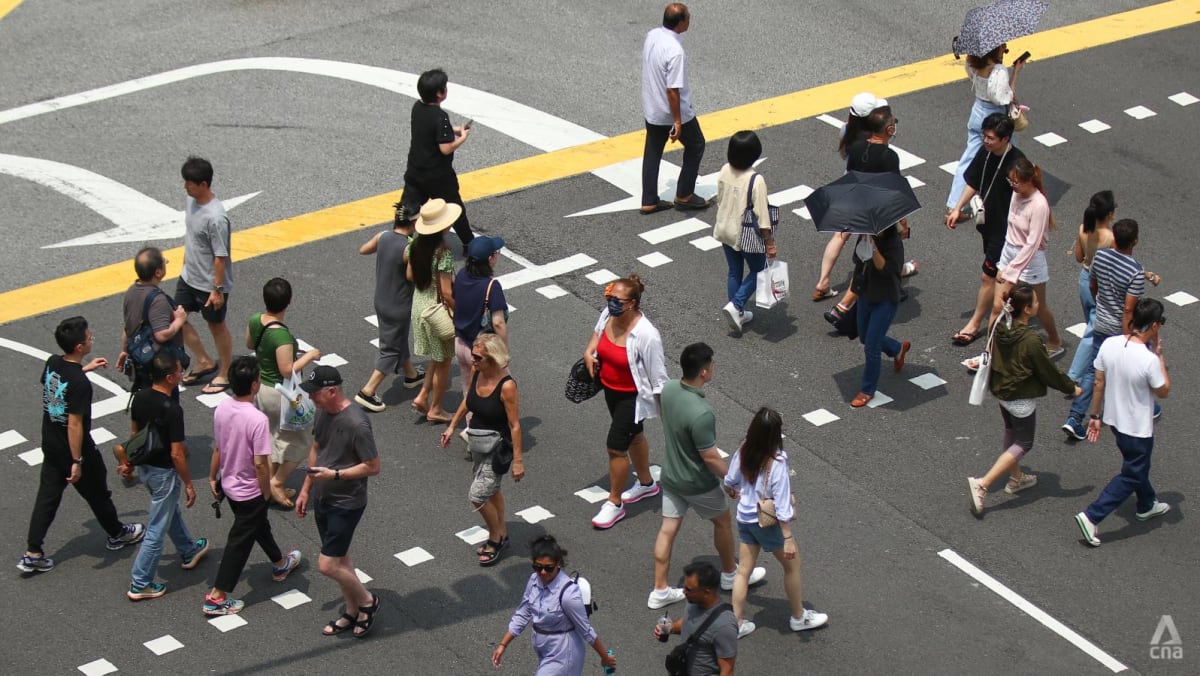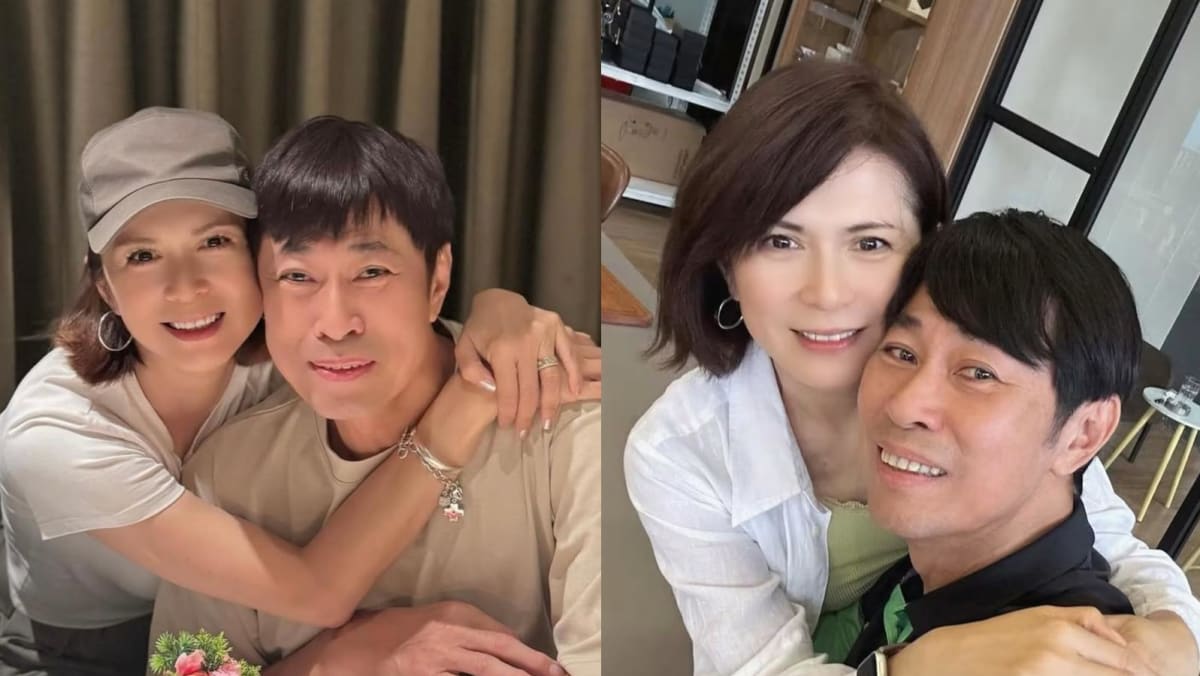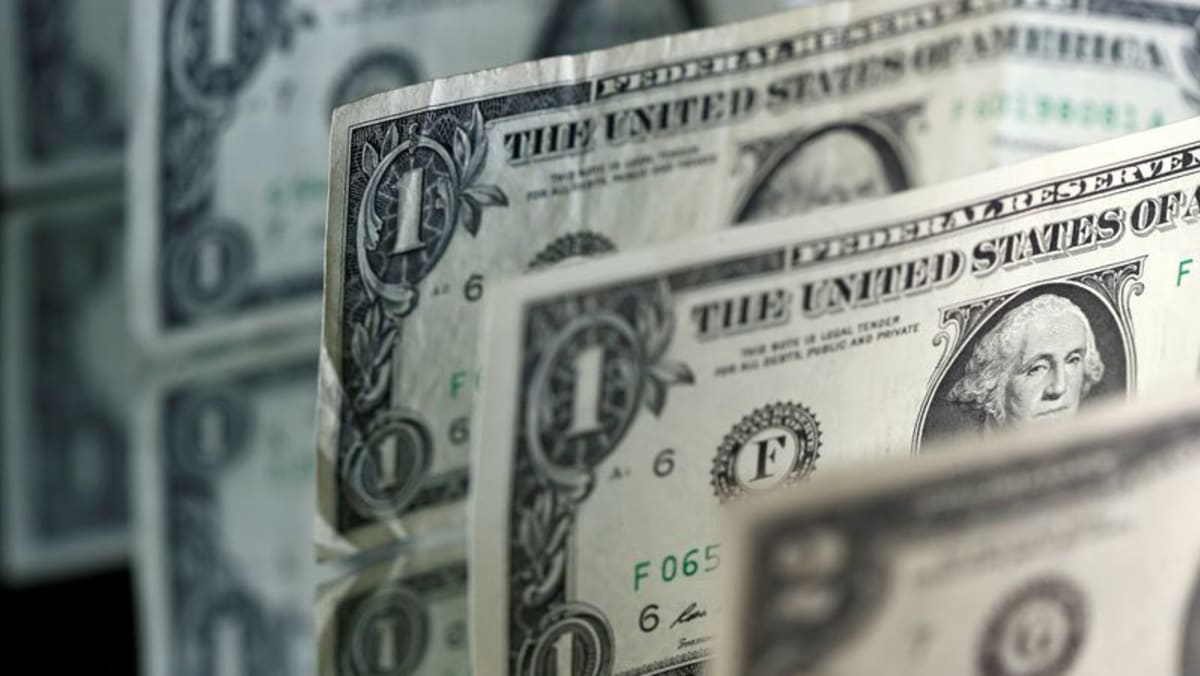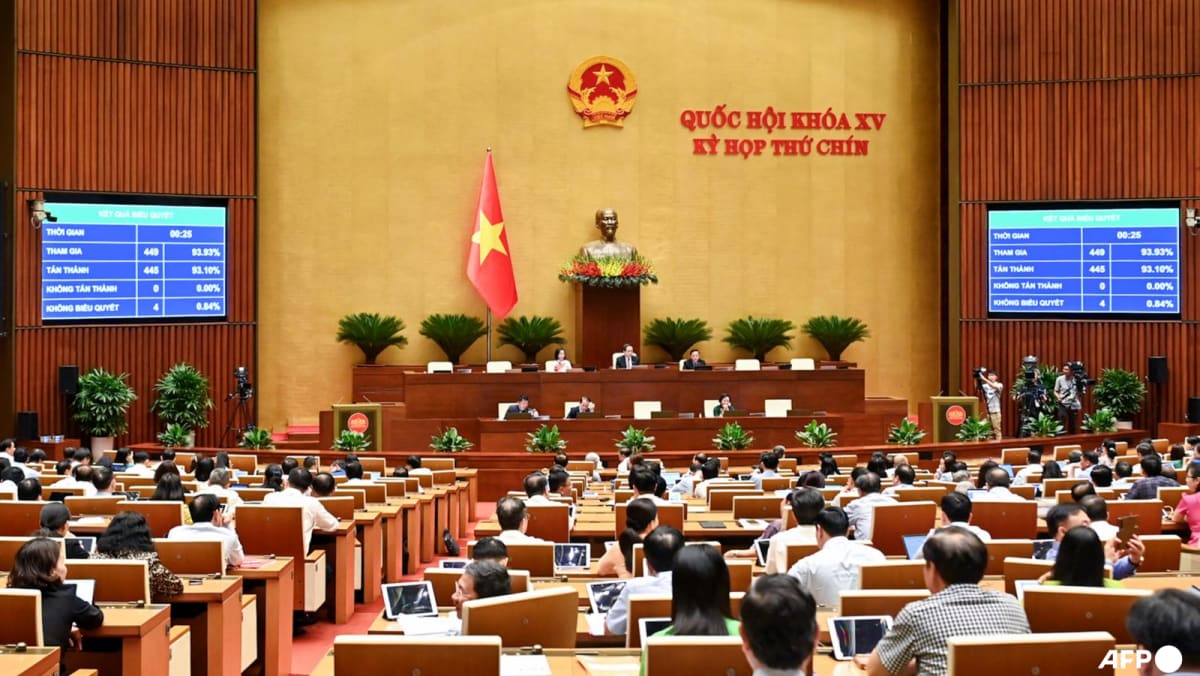Zheng Yanxiong has been removed as director of Beijing’s liaison office in Hong Kong and the central government has appointed Zhou Ji, the executive deputy director of its top office for the city’s affairs, to replace him.
The State Council, China’s cabinet, announced late on Friday (May 30) that Zhou, the executive deputy director of the Hong Kong and Macau Affairs Office (HKMAO), had been appointed to lead the central government’s liaison office in the city.
In a brief statement, it also said it had removed Zheng, 61, from all three of his posts, namely as the director of the liaison office, as deputy director of the Hong Kong and Macau Affairs Office and as adviser to the city’s national security committee.
In a statement, Chief Executive John Lee Ka-chiu welcomed Zhou and thanked Zheng for his support of Hong Kong in the past.
Zhou, who was appointed as executive deputy director of the HKMAO in 2023, will also take over Zheng’s role on the Committee for Safeguarding National Security of Hong Kong.
Zheng was appointed as head of the liaison office in January of that year to succeed Luo Huining, who was 68 at the time.
Zheng was appointed as deputy director of the HKMAO earlier that same year.
Last month, he urged the Hong Kong government to speed up the development of the Northern Metropolis and strengthen the city’s cooperation with mainland China to become a “superconnector” and “super value-adder” for the digital economy.
The city leader also extended his gratitude to Zheng for upholding the “one country, two systems” principle in safeguarding national security and maintaining constitutional order during his more than two years as liaison office chief, noting the Beijing official’s full support for the local legislation under Article 23 of the Basic Law, the city’s mini-constitution.
“Zheng Yanxiong has fully supported the HKSAR government in fulfilling its constitutional responsibility and historic mission of completing the local legislation for Article 23 of the Basic Law,” Lee said in the statement in Chinese.
Lee said since Zhou had taken up his role with the HKMAO in 2023 he had been directly involved in the management and coordination of Hong Kong affairs and was deeply familiar with the country’s policies for the city.
He added that Zhou last year led a team to Hong Kong to carry out an inspection and research, coordinating work on the implementation of a series of central policies to support the city and conveying Beijing’s strong support for the financial hub’s development and its care and concern for Hongkongers.
Zhou also had extensive experience in formulating and implementing policy, as well as rich experience in regional governance, Lee said, citing the Beijing official’s previous posts in Hubei and Henan.
He had no work experience in Hong Kong or Macau when he was made the No 2 official at the HKMAO. His appointment was part of the office’s upgrade to a higher-level outfit reporting directly to the Communist Party leadership.
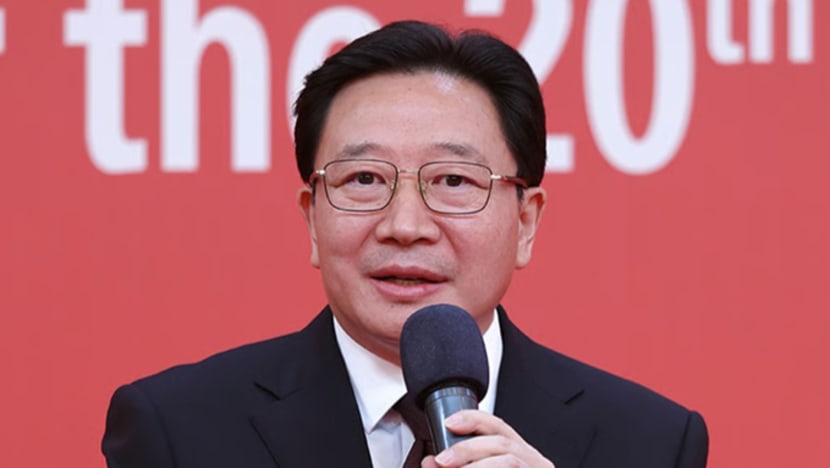 Zhou Ji is the executive deputy director of the Hong Kong and Macau Affairs Office (HKMAO). (Photo: Handout via SCMP)
Zhou Ji is the executive deputy director of the Hong Kong and Macau Affairs Office (HKMAO). (Photo: Handout via SCMP)
Last month, Zhou attended a high-level conference in Hangzhou, the capital of tech powerhouse Zhejiang province, where Lee was leading a delegation.
Zhou said at the event that Hong Kong had won global recognition amid the US-China trade war by maintaining its “strategic determination to firmly uphold the international order, the multilateral trading system and the city’s status as a separate customs entity”.
He reiterated that Beijing would always fully support Hong Kong in taking advantage of its uniqueness and deepening cooperation with mainland provinces and cities, which would serve the country’s overall development.
“With the strong leadership of the central government and the institutional strengths of the ‘one country, two systems’ governing principle, the cooperation between the two places will surely be able to lead the nation’s high-quality development,” he said at the event.
Lau Siu-kai, a consultant to the semi-official Chinese Association of Hong Kong and Macau Studies think tank, told the Post that Zhou was a very seasoned official.
“He should have greater political powers in implementing the central government’s policies in Hong Kong,” he said.
This article was first published on SCMP.

